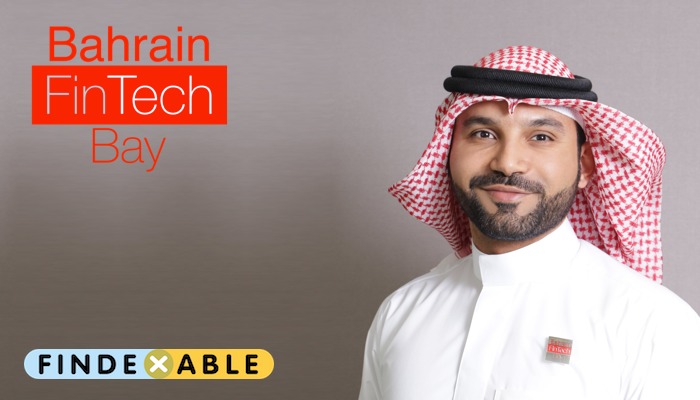How great would it be? – Issue 8
Interview with Khalid Saad, CEO, Bahrain Fintech Bay
What are the gaps in fintech research? What are the needs?
I would make three points. Globally, if one looks at research, there are varying definitions of what fintech may be, and what it may represent. There are divergences in these definitions, and they seem difficult to reconcile because of the global scope of the issue.
Likewise, on a regional level, and even more so in this part of the world [the Middle East], there are gaps when it comes to funding, investment and information on fintech. And one can deep dive and say the same from a country perspective. This is where more research is needed.
The third area where research is much needed is regulation. This is one of the areas that Bahrain Fintech Bay tries to address but more clarity is needed on what are the regulatory frameworks that are enabling fintech in specific regions and specific jurisdictions.
These are predominantly the gaps.
What is required, definitely at regional level, is greater exposure of existing and emerging fintech solutions, of their meaning for institutions, for individuals and for the ecosystems as a whole. With this, we need more information on funding and regulations across different jurisdictions. Here, at Bahrain Fintech Bay, we are working on this, but more needs to be done for people to understand how the different jurisdictions work within a region.
Where do you see research and content development going?
At the moment, research is being developed in isolation. I think that the different challenges, opportunities and focus areas require cross-collaboration in research among jurisdictions. There are very few areas where research is not, essentially, self-serving. At a time when collaboration is crucial to develop the ecosystem, a shared economy, and to change the landscape, we require research that is cross-jurisdictional. Personally, I would like to see more of that. This goes back to the point of understanding how different jurisdictions can collaborate for fintech – much of the growth that can be unlocked in each jurisdiction will come from collaboration and the building of meaningful bridges.
What could also be very interesting, is the availability of a ‘live fintech development’ tool, tracking key developments in each jurisdiction, regions and globally, that can have an impact on people, and about which people should know. At the moment this type of research is scattered, and it is difficult to access information on what is happening in other jurisdictions. A real-time tool could help in taking access and knowledge-sharing to the next level.
If people can easily understand what is happening in fintech, what the key trends and drivers are, what these mean globally for the ecosystem and how these can be translated into the local jurisdictions, that awareness, that connectiveness help drive the appreciation of what fintech can achieve. If people cannot relate to this, if efforts are made in isolation, there will be an issue.
The Global Fintech Index by Findexable launches worldwide on 4 December 2019
Follow us on @findexable

